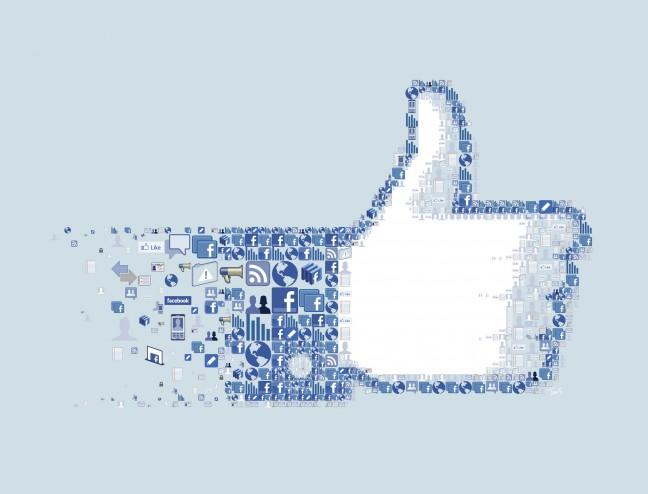At the risk of this column coming across more like the grumblings of a curmudgeonly great-uncle, for this week’s column I trepidatiously target the direction of my ire toward the broad subject of social media, and how it affects our youth.
To preface, I am not one of those “be free,” “get off the grid,” “stop counting favorites” types. I like getting likes. I’d even say I love getting them.
The buzz of uploading that good picture is real. You know, the one at just the right angle that makes you look like a real person, that people other than your loved ones would potentially find attractive. Having likes trickle in, then flood in, can be nectar to the soul. Ah, that dopamine rush.
That might seem shallow, but I’d argue it can be an effective form of self-love, as long as one’s self perception is buoyed by the likes received, and not determined by it.
This is when “like” culture can be helpful, or even beautiful.
But when this very same phenomenon permeates the other realms of social media, the less surface-level ones, like politics, it can become dilutive or even harmful.
I’ll use a personal example again. Recently, I shared a link to an online petition that called for Ohio Gov. John Kasich to veto the “Heartbeat Bill,” that called for a ban on abortions after seven weeks. It was a short little post, with a nice quip that read, “@John Kasich, if you’re the ‘moderate conservative’ then fucking prove it.”
The post itself got more than a few likes, which was nice because it meant more people might’ve signed the petition, but what was weird about is that I also got that same satisfaction from those likes as if it was a profile picture I uploaded. This isn’t to say those likes had the same intention, but that they produced the same effect in my psyche.
This isn’t that bad in and of itself — people feel good when they do good. But when I received a follow-up email asking me to contact individual representatives about the Heartbeat bill I simply ignored it. While I knew I should help out by doing it, I felt the urge to simply ignore it, and that’s what I ended up doing.
Reflecting back on that process, I think the discrepancy between my knowledge that I should do something, and my urge to not do anything, stems back to that buzz I got from the likes.
When we are political on social media, we are rewarded by likes, which satisfies us. While the political, activist belief remains, the urge to act on it is dissipated by the likes we receive on social media.
This is unfortunate, because while social media activism is important, it cannot be compared to actually getting involved in real life — whether it be through protesting, making phone calls, making art or whatever form of activism resonates with one’s heart.
I’m sure there are people out there that can do both, but I know I can look back on my timeline and identify dozens of times when my social media actions had no real-life counterpart. And I don’t think I’m the only one.
This is unacceptable, and I need to do better to unify my armchair activism with real-life actions.
If these words resonate with you, I urge you to do the same. A Facebook status is a start, but never enough.


